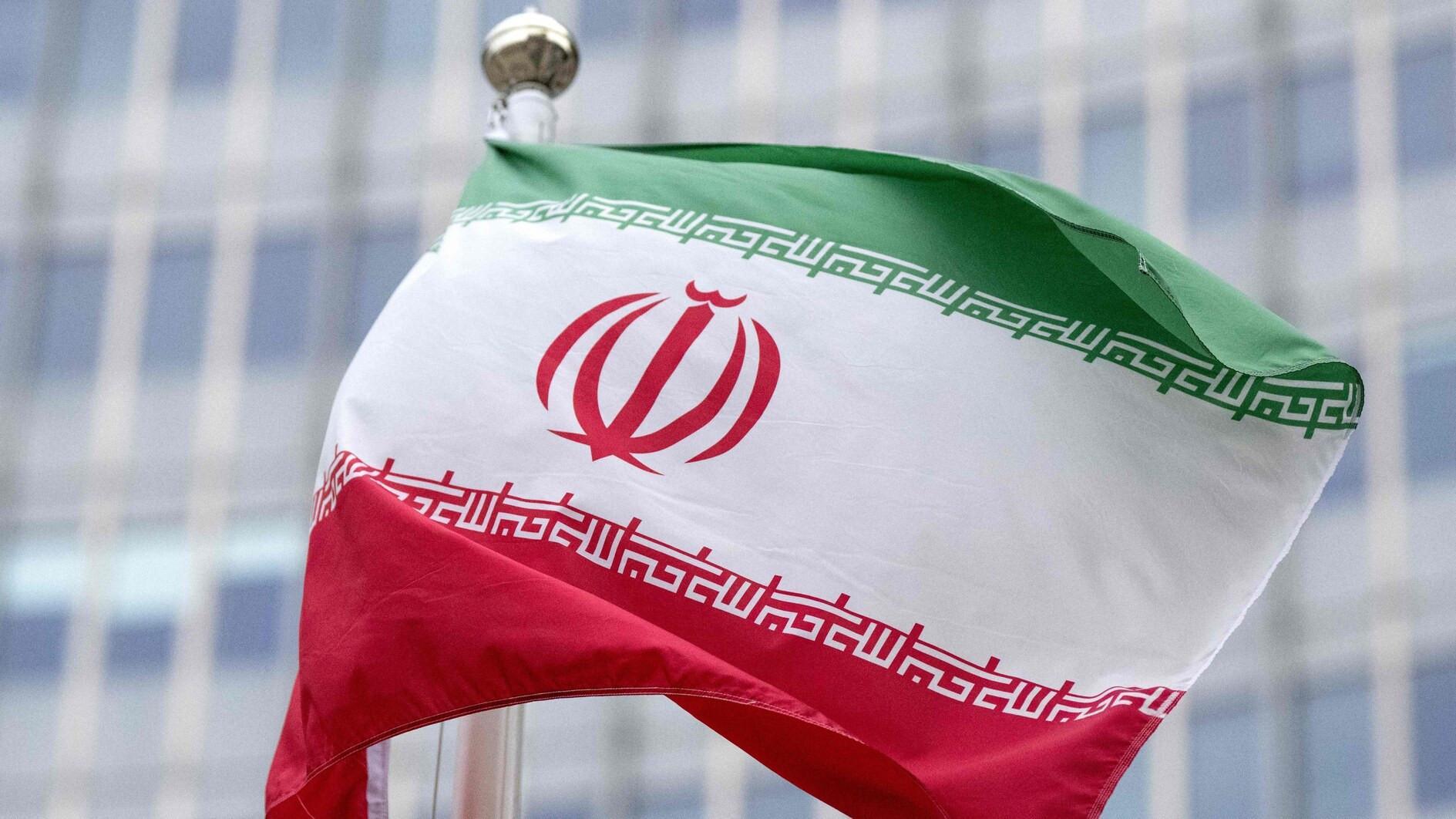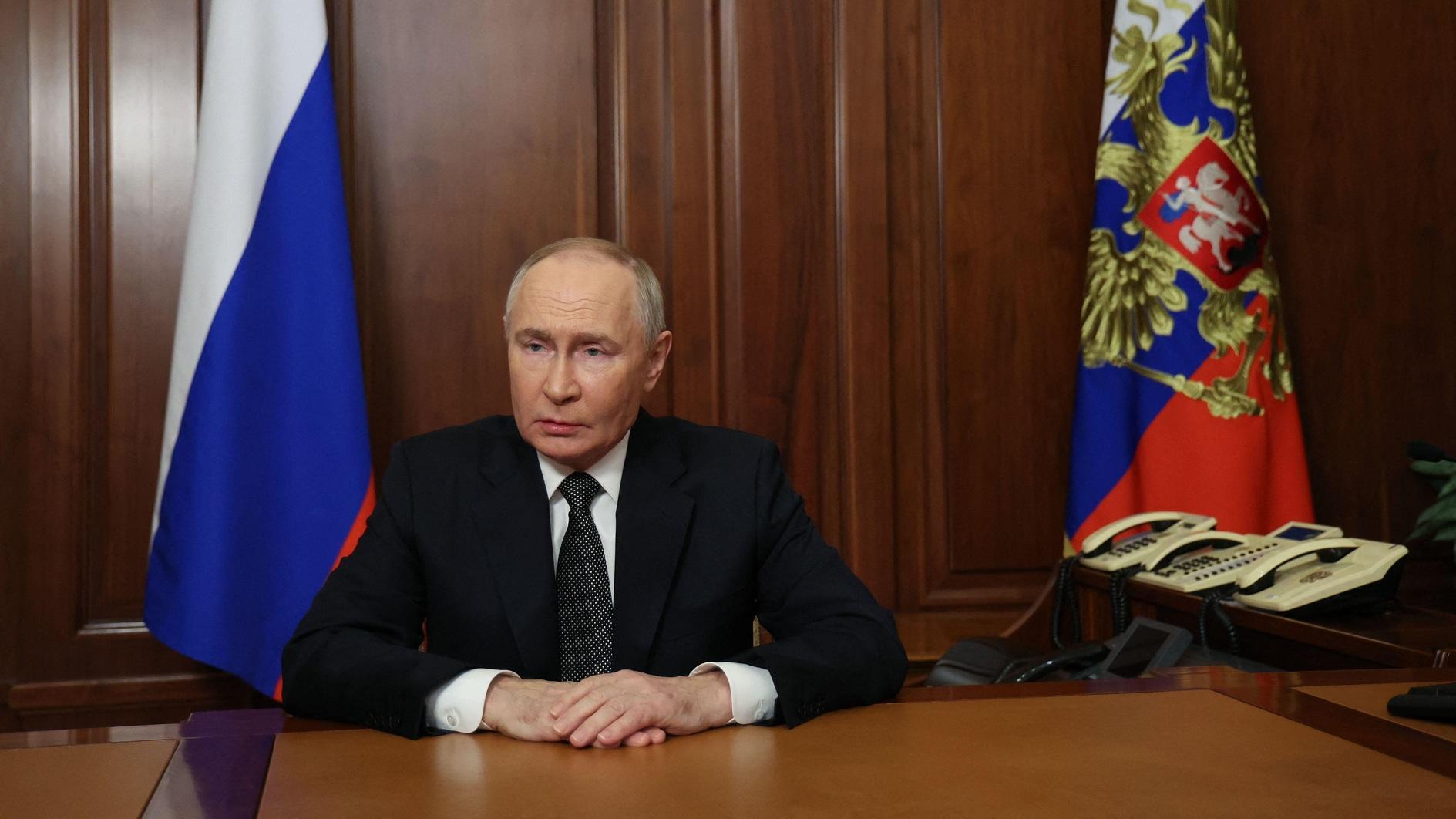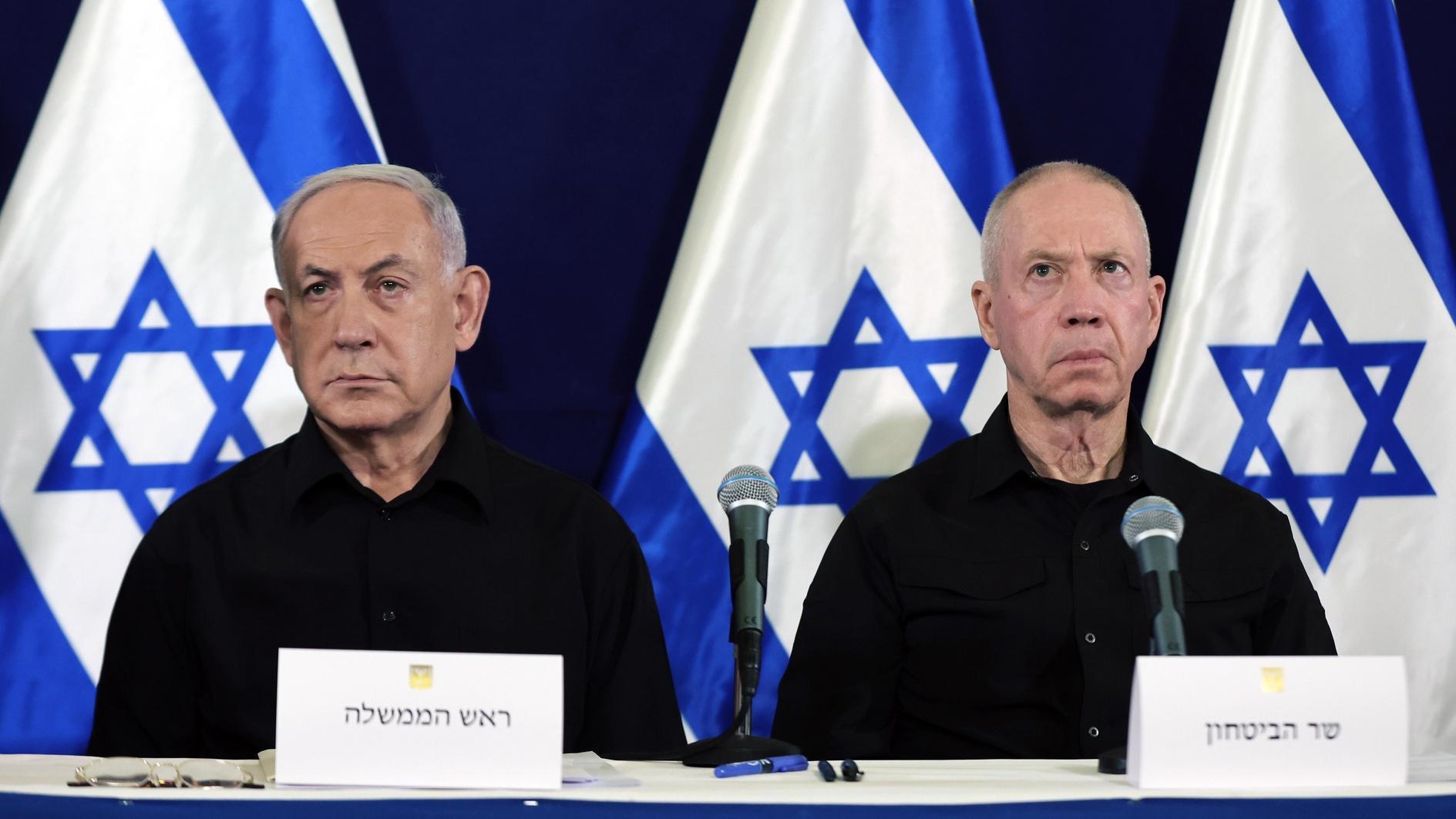A dangerous escalation on the Turkey-Syria border
As Turkish artillery started pounding Syrian-Kurdish Democratic Union Party (PYD) military positions in Syria on Feb. 13, it became clear what Prime Minister Ahmet Davutoğlu meant last week when he said: “Just wait, you’ll see.”
Davutoğlu had been asked about the tension between Ankara and Washington over the PYD, which is regarded as a functional ground force against the Islamic State of Iraq and the Levant (ISIL) by the U.S. administration but as a terrorist organization by the Turkish government, which sees it as the Syria branch of the outlawed Kurdistan Workers’ Party (PKK).
Ankara was very upset after Brett McGurk, the anti-ISIL envoy of U.S. President Barack Obama, went to the PYD-held Syrian town of Kobane (bordering Turkey) and received a plaque from the hands of a “PYD commander,” who is a known PKK militant with an arrest warrant in Turkey. McGurk’s visit also came just after a visit to Turkey by U.S. Vice President Joe Biden. Following the controversial photo, President Tayyip Erdoğan asked Obama to decide who his partner was: His NATO ally Turkey or the “PYD terrorists.”
The answer came from a U.S. State Department spokesman: Turkey is an ally but the U.S. does not consider the PYD to be a terrorist organization like the PKK. Obama, who wants to keep the boots of U.S. soldiers away from foreign soil, needs foot soldiers on the ground to fight against ISIL and die if necessary.
When Davutoğlu told reporters to “wait and see,” he also said Turkey was determined to hit every terrorist target that it considered a threat. The fire by 155 mm Turkish “Fırtına-Strom” howitzers with a 45-km range on the weekend of Feb. 13-14 showed that he was not bluffing.
By then, Foreign Minister Mevlüt Çavuşoğlu had already announced it might be possible for Turkey to enter a ground war in Syria with Saudi Arabia. Çavuşoğlu also said Saudi planes might be deployed to Turkey’s İncirlik air base, which is currently used by the U.S.-led coalition against ISIL with the contribution of American and German war planes. But in the later hours of Feb. 13, the foreign minister made another statement saying there had been no such concrete plan to get involved in a ground operation in Syria. Then came the attacks on PYD positions.
The Turkish military said the shelling of Syrian army and PYD positions was “reciprocal,” as in previous cases, and thus nothing new. Davutoğlu and Biden had a telephone call, during which the Turkish prime minister asked the U.S. to move the PYD away from the border, otherwise the Turkish military’s operations would continue. The answer came from D.C. again: A U.S. spokesman asked the PYD not to take the current opportunity to capture more land and also asked Turkey to stop firing. Only hours later, however, Turkish artillery fired fresh “reciprocal” rounds on PYD positions.
Meanwhile, a telephone conversation was held between Obama and Russian President Vladimir Putin about forming a “united front against terrorism” in Syria.
If that front were to consider the Syrian President Bashar al-Assad regime a partner, as Russia wants, it would not only be a failure of Obama’s policies in Syria but it would likely make Turkey more nervous, as Ankara continues to insist that al-Assad must go - at least after a transition period.
Perhaps that anxiety is forcing the Turkish government to try to show that any Syria “solution” that sidlines Ankara would eventually fail. One of the key points here is the lack of information for Turkish public opinion other than the (sometimes contradictory) official statements and leaked propaganda material - both regarding tension at the border and the deal with Saudi Arabia.











